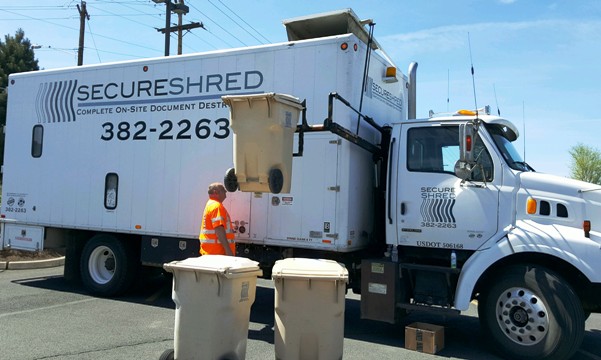Online holiday shoppers, gear up and hunker down. You could fall victim to serious scams unless you know how to distinguish a legitimate site from a rip-off.
“You really have no idea who’s on the other side of the transaction when you make a purchase online,” said Jim Stickley, founder of San Diego-based Stickley on Security. “You have a pretty good comfort level with big online retailers or known brick and mortars, but the same can’t be said for a no-name website that has an amazing deal that might be a little too good to be true.”
Stickley, whose education videos have been viewed more than one million times by credit union members, warns that there is no one simple thing you can do to guarantee an online website is real. But using a few different strategies together may help you separate safe sites from questionable sites:
Check for a security certificate
Before typing in any confidential information or account numbers, make sure the link changes from http:// to https://. That “s” at the end does not guarantee trust, but it does mean the retailer has filed for a security certificate, paid a fee, and given at least some verified contact information.
Find a real person
Call the contact phone number, but if all you get is a recording don’t count on getting satisfaction if a product fails.
Look for broken links and missing images
Poor website design is a warning sign; an even bigger danger now is a thief who knows you’re looking for errors and creates an error-free illegitimate site.
Use user reviews–with caution
Not all reviews are accurate, and some reviewers have a financial interest in an item or a competing item. Find sources with many reviews and look for patterns where reviewers agree on what they like and don’t like. Compare user reviews with those from the Better Business Bureau and Consumer Reports. Then conduct a separate search on the Internet by typing the website or company name and such terms as “complaints” and “reviews.”
Safeguard your computer or device
Don’t shop online unless your operating system, browser, and security software are up to date. If your smartphone doesn’t have security software, don’t use it to shop online until it’s protected.
By staying informed and following these tips, you can help protect yourself from identity theft and fraud, ensuring a safe and enjoyable shopping experience during the holiday season.
Mid Oregon provides a valuable resource for enhancing your online security. We invite you to explore our Stickley on Security section within the Security and Fraud Center. This platform offers timely articles covering a range of digital security topics, along with informative videos. Additionally, you can subscribe to receive news and alerts via email, ensuring you stay informed with the latest updates to keep your financial accounts secure in the digital landscape.
Read additional blog articles on cyber security and fraud.
As a reminder, Mid Oregon will never initiate a call asking for personal or account information via phone, text, or email.





